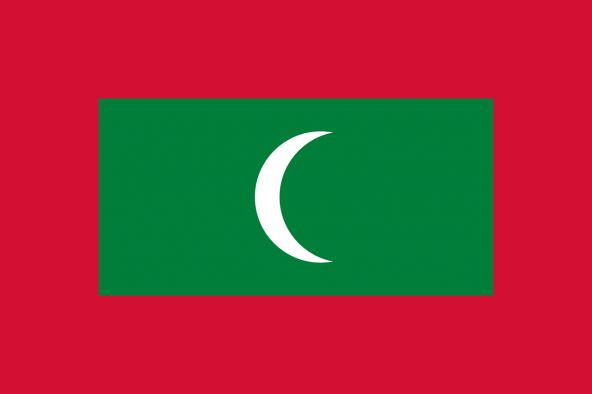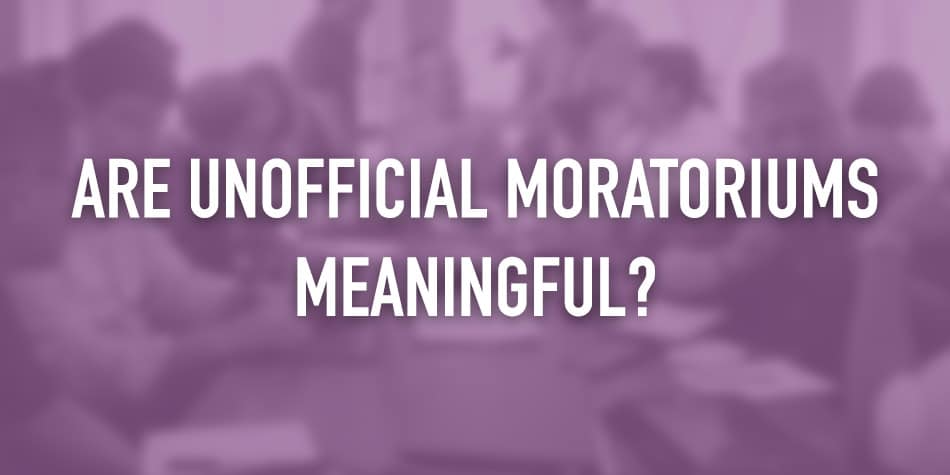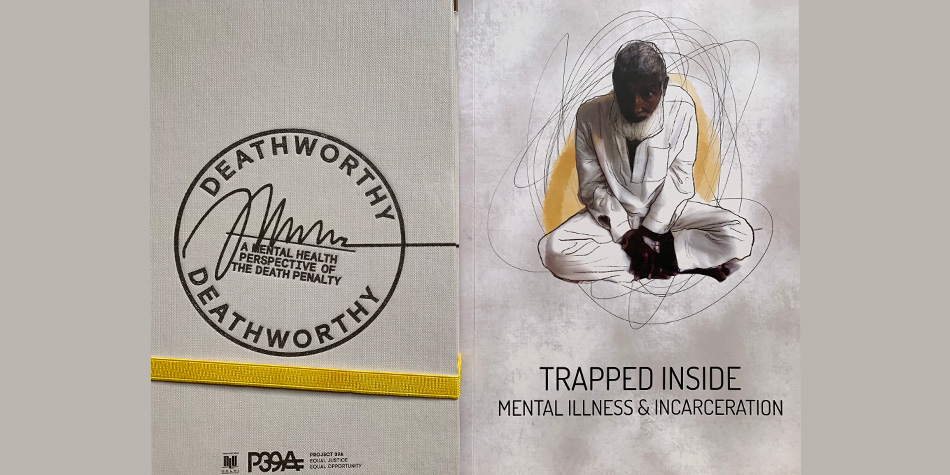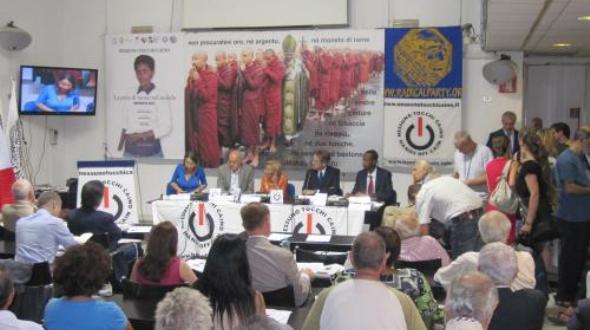
Civil society steps up against the end of a 60-year moratorium in the Maldives.
Asia
Abdulla Yameen Abdoul Gayoom came to power after winning the November 2013 elections, which are suspected to have been mocked. The Maldives have been moving towards the adoption of severe legal measures derived from Islamic Sharia since then. On April, 27th 2014, the government decided to put an end to a 60-year moratorium.
Following this decision, Maldives have had disturbing developments regarding capital punishment. On November, 30th 2015, the High Court stated that the President could no longer commute death sentences anymore. Henceforth, only victims’ families can grant clemency to those sentenced to death.
An increasing number of death sentences.
According to the Maldives’ prison service, there are currently 17 prisoners on death row in Maldives, some cases raise serious concerns with regards to due process. At least 5 of them were declared guilty and convicted for acts committed while they were under 18. 4 of them are risking an imminent execution as the government of Abdulla Yameen promised to hang the prisoners sentenced to death within 30 days following the Supreme Court decisions.
Among the most recent death sentences, Humaam’s case can be underlined. He is accused of the murder of the deputy Afrasheem Ali in 2012. His death sentence was confirmed by the Supreme Court on June 24, 2016. Humaam was under the age of 18 at the time of the crime. However, it’s important to note that Maldives ratified two international treaties: the Convention of the Rights of the Child and the International Covenant on Civil and Political Rights, which prohibit the use of death penalty on juvenile offenders.
A necessary mobilization to deal with this worrying situation
The local NGO Maldivian Democracy Network (MDN) published a report on what they consider as a "wrongful conviction". This report was distributed among the participants of the 6th World Congress Against Death Penalty in Oslo. Furthermore, from June to August 2016, civil society groups ran a campaign called "Not in my name" to highlight public dissent against death penalty. Also, British NGO Reprieve organised Islamic scholar Tariq Ramadan to write an open letter to the Government citing flaws in the death penalty regulation and calling on restoration of the moratorium
In this context, in October 2016 Humaam’s family submitted a petition to the UN Human Rights Council, following which the UNHRC issued a stay order on Humaam’s execution. The UN’s Independent Experts called on the government to halt all executions.
Despite all of this, the situation grows worse. Recently, The Supreme Court sentenced 3 more people to death: Ahmed Murrath, Fathimath Hana and Mohamed Nabeel. In addition, according to Amnesty International, the President asserted that executions were necessary to maintain peace and security.
What possible outcomes?
In an article published by French magazine ‘Le Nouvel Observateur’ in 2014, the historian Giuseppe di Bella calls for a boycott: "the main resource of the Maldives’ Islands is tourism. Undoubtedly the authorities would revise their position if they noticed a significant reduction of the tourist affluence. Everyone acts according to their own conscience… For me, as things stand at the present, Maldives is a tourist destination that should be avoided".
Mushfiq Mohamed, legal consultant and member of the NGO MDN affirmed that in July, MDN submitted a case to the High Court, requesting a stay order on executions and to repeal sections of the 2014 death penalty regulation as it unlawfully restricts the right to life under Article 21 of the Constitution, with reference to Article 16, which requires Parliament approval when restricting fundamental liberties. He added that the High Court issued a stay order on executions following this petition. This stay order was sqashed by the Supreme Court in july 2016. Nevertheless, UNHRC’s stay order on Humaam’s execution still stands.
MDN plans to file a case at the national Human Rights Commission regarding the second death row prisoner whose sentence has been confirmed by the Supreme Court.
Currently, MDN analyses trial reports of death row prisoners to highlight inconsistencies in domestic and international law. The civil society of Maldives continues to work with death row prisoners’ families to raise awareness against the death penalty.






